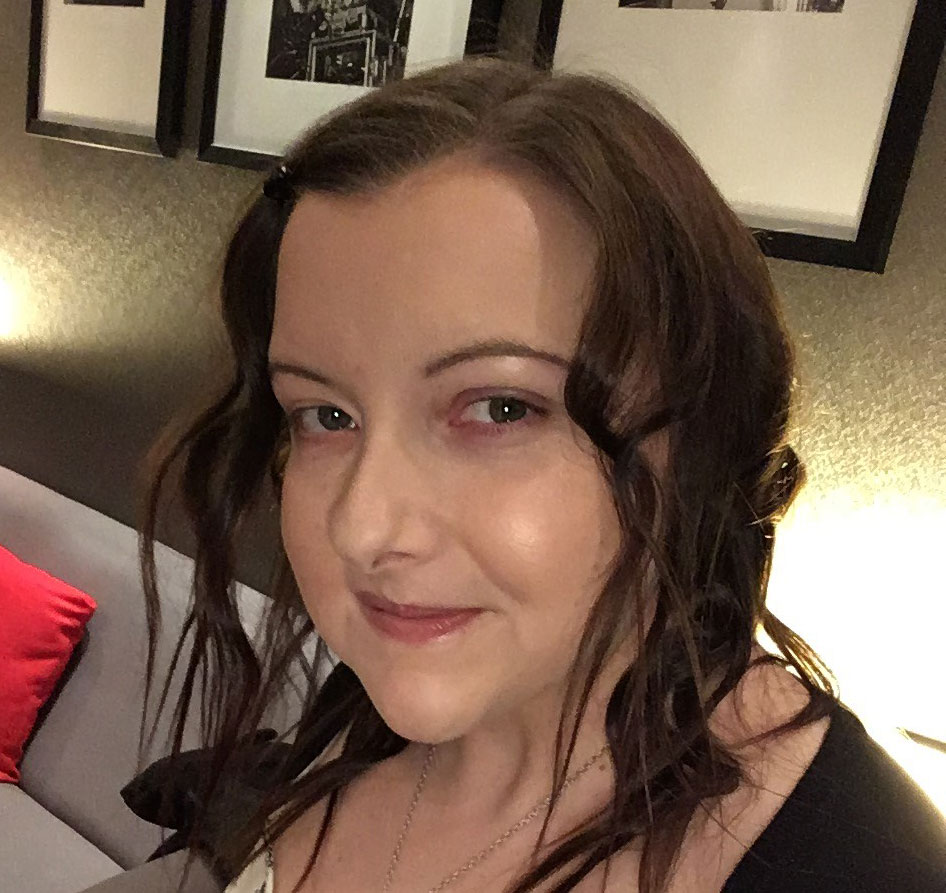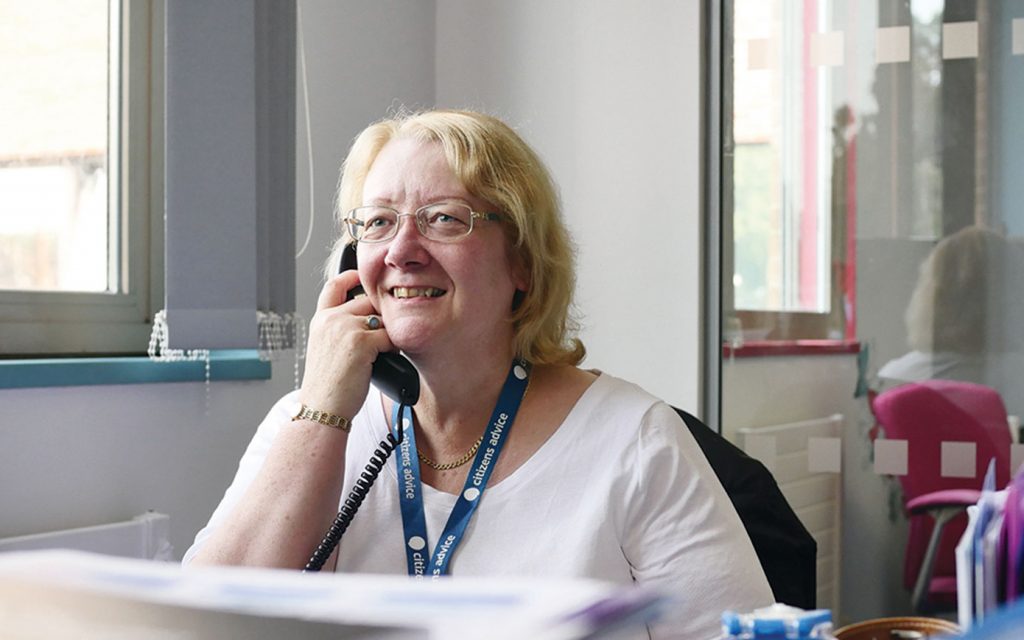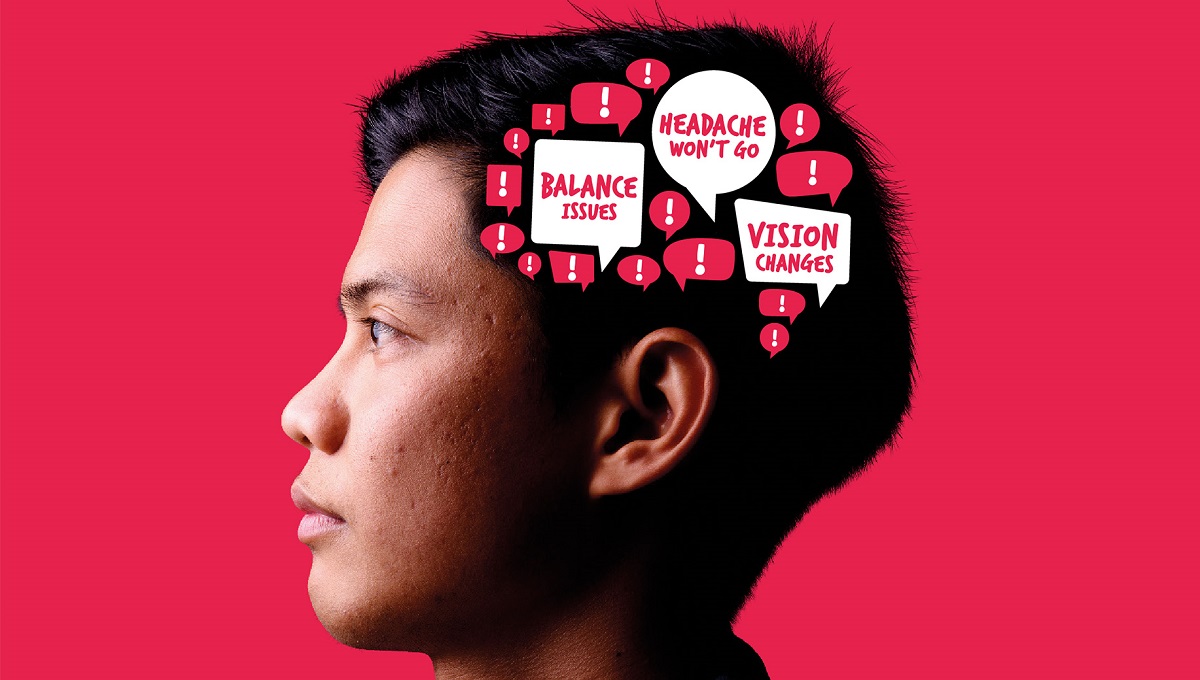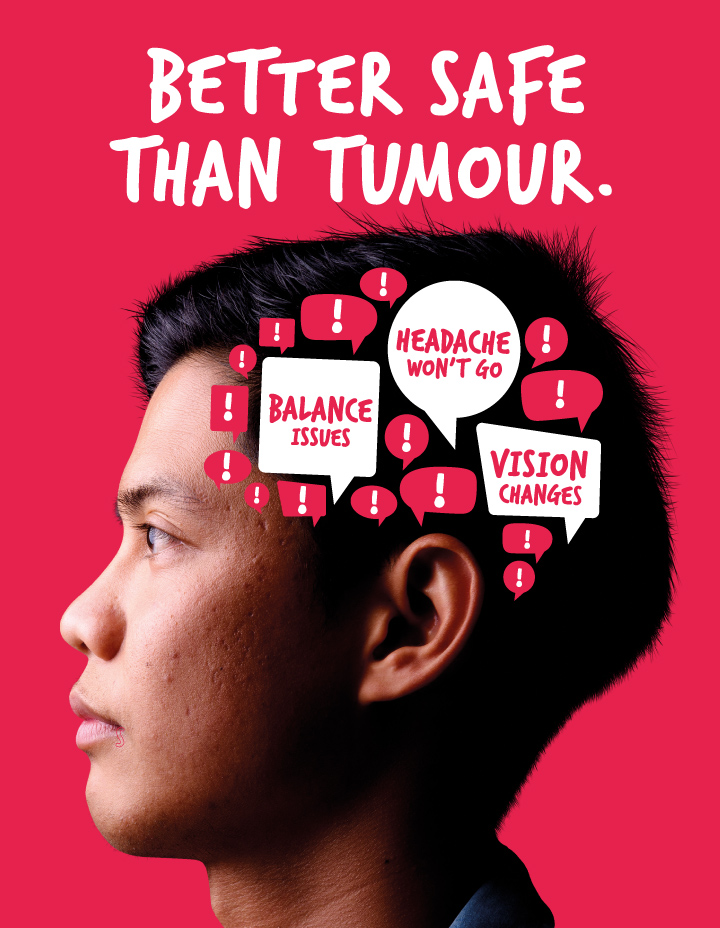Brain tumour fatigue and tiredness
Many people affected by brain tumours can feel fatigue and tiredness. In fact, 3 in 5 people we spoke to reported feeling fatigued as a result of their brain tumour diagnosis. And, 1 in 4 said they were severely affected by fatigue.
Short summary
Although it’s important to remember that not everyone living with a brain tumour will experience fatigue, it can affect people with all types and grades of tumour.
For those who do experience fatigue, the symptoms and severity can differ from person to person, so you may not have the same problems as someone with a similar diagnosis and treatment plan.
Many carers also experience fatigue. This can be due to extra worry and stress, the added physical activity involved in being a carer and a lack of sleep.
On this page:
- What is fatigue?
- What are the symptoms of fatigue?
- How do brain tumours cause fatigue?
- Coping with fatigue
Other symptoms
Use our Better Safe Than Tumour symptom checker to check for other brain tumour symptoms.
Expert benefits & money advice
Benefits and Money Advice Clinic supported 339 people in the last financial year (22/23), to the tune of £807,938.
In total the clinic has supported people to the amount of £4,353,428 since it started in 2016, supporting over 1100 people.
Join our online support groups
Our online support groups are a great place to connect with other people affected by a brain tumour.
What is fatigue?
Fatigue is when you constantly feel tired, weak, worn out, slow or heavy.
For some, it’s relatively mild but many others have described it as one of the most disruptive side-effects they experience. They feel it’s a continuing, debilitating sense of weariness throughout the whole body.
People often talk about cancer-related fatigue. It is quite widely known. But, many people don’t know about fatigue in those living with low grade and non-cancerous brain tumours.
Fatigue can:
- vary in intensity at different times of the day and from one day to the next
- disrupt your sleeping patterns.
Fatigue can’t:
- be seen by others, making it difficult for them to understand how it’s affecting you
- be relieved by resting or sleeping, meaning it can have a huge impact on your quality of life.
Unsurprisingly, this often leads to a lot of additional stress, which in turn causes increased levels of fatigue. This vicious cycle can profoundly affect your personal, social and working life, resulting in:
- anxiety
- depression
- relationship troubles
- social isolation
- difficulties at work
- financial problems.

What are the symptoms of fatigue?
You are unlikely to experience all of these, but common symptoms include:
- lack of or reduced energy or motivation
- over-sleeping or difficulty sleeping
- aching muscles or feeling exhausted after small tasks
- difficulty concentrating
- losing interest in things you usually enjoy
- irritability
- feeling anxious or depressed
- negative feelings about yourself and others
- difficulty making decisions or thinking clearly.

Simple things I took for granted, like brushing my teeth, having a cup of tea, or even texting, left me so tired it felt like I’d run a marathon.
Heather Dearie

Heather Dearie, diagnosed with an acoustic neuroma in 2010
“My diagnosis didn’t have much impact initially on my energy levels, but after two brain surgeries the fatigue hit me full force – I’d never known exhaustion like it!
“I used to force myself to stay awake and keep moving – at my age it didn’t feel like I should have to sleep during the day. But since then, even though things have got better, I’ve stopped being so stubborn. When it feels like my body is heavy and I’m wading through water, I give in, and now power nap most afternoons and some evenings.
“I’ve found that Vitamin B helps a little, as do coffee and tea in moderation, and bananas for a quick pick-me-up when I hit an afternoon slump but can’t nap.
“If you’re struggling with fatigue, listen to your body. Don’t feel guilty about needing to rest or sleep. It’s not your fault – it’s the unwanted guest in your brain.
“When you have a brain tumour, everything’s more tiring than it used to be. Half the battle is coming to terms with that and accepting you can’t do things the way you used to.“
Join one of our Online Support Communities for more stories and tips about coping with a brain tumour diagnosis from people who know what you’re going through.
How do brain tumours cause fatigue?
The exact link between brain tumours and fatigue is not known, but there are several things that could contribute to it.
The tumour itself
The development, growth and progression of a tumour and the body’s response to it, involves the destruction of tumour cells and the repairing of tissue, which uses a lot of energy. Your body is working harder, diverting energy normally used on everyday living to fight the tumour.
Treatment
The side-effects of surgery, radiotherapy, chemotherapy and medications, such as steroids and anti-epileptic drugs can all include fatigue.
This is because your body needs to divert energy to repair changes in body chemistry or damage to healthy tissue that some treatments can cause.
Most people improve over the year following treatment, but rarely, some people can develop fatigue years after their treatment.
Cognitive difficulties
Cognitive difficulties, such as difficulty in concentrating, remembering things or solving problems, is common in people with brain tumours.
Trying to overcome them can be extremely fatiguing, which then drains you of the energy required for cognitive functions.
In turn, fatigue is well known to cause cognitive impairment, particularly with memory, concentration and planning and organising, as it can drain the energy needed for these. This creates a vicious circle.
Seizures
Around 3 in 5 people living with a brain tumour will experience at least one seizure and this is more likely for those living with a low grade tumour.
Feeling tired or exhausted after having a seizure is extremely common and fatigue can be worsened by the emotional impact of experiencing a seizure.
Having seizures and being diagnosed with epilepsy on top of the diagnosis of a brain tumour can also be overwhelming emotionally and add to your fatigue.
Stress, anxiety and depression
Living with any grade of brain tumour can cause a huge amount of stress, anxiety or depression. These emotions use a lot of energy and can affect your quality of sleep, leading to feeling more fatigued.
Dealing with your diagnosis and any uncertainty about the future can also leave you feeling physically and mentally exhausted. This is particularly common in people with low grade tumours that are on watch and wait, otherwise known as active monitoring.
Diet and dehydration
Treatments can affect your taste, appetite or digestion and cause vomiting, making it harder to eat the balanced diet needed to aid your recovery. If you’re taking in fewer calories than you burn, it can leave you feeling very tired or fatigued.
If you’re dehydrated, you’ll also become fatigued. This is why it’s so important to drink plenty of fluids, especially if you’re vomiting or not eating a balanced diet.
Pain
Some people living with a brain tumour experience pain on a daily basis, such as headaches. Dealing with it day to day can wear you down, causing fatigue.
Being fatigued, in turn, can make it more difficult to cope with and manage pain.
Cytokines
Cytokines are proteins that are made by the cells involved in the immune system. These are produced in response to injury or infection. There is evidence that the levels of cytokines are higher in some tumour patients, possibly due to the body fighting the tumour.
It’s thought that the higher than normal levels of cytokines could cause fatigue by affecting hormones and chemicals that nerve cells use to communicate.
We need more research to find out exactly how these increased levels cause fatigue.

Expert benefits & money advice
Last year our free Benefits and Money Clinic helped 178 members of our community claim over £450,000!
Coping with brain tumour fatigue
While there is no cure for fatigue, it’s important to know that it can be managed and many people improve within 6 months to a year after treatment.
Your healthcare team may be able to help with some of the treatable elements of fatigue, for example pain or depression. They may refer you to a specialist for treatment, for example a mental health practitioner or complementary therapist.
We’ve gathered many tips about coping with fatigue from people living with a brain tumour and healthcare professionals.
Join one of our Online Support Communities for more tips about coping with a brain tumour diagnosis, from people who truly understand what you’re going through.

I think I have a brain tumour, what should I do?
Brain tumours are rare, however, if you’re worried and a symptom persists or if you have more than one symptom of a brain tumour then:
- Talk to your doctor
GP appointments are usually quite short, so make sure you find out how to best prepare for your appointment. - Get an eye test
If your symptoms are limited to changes in vision and/or headaches, get your eyes tested by an optician before seeing your GP. - Go to A&E
If the symptoms are sudden or severe, you should go to your emergency department or call 999.
Support and Information Services
Research & Clinical Trials Information
You can also join our active online community.
In this section

Know the Signs and Symptoms
Although brain tumours are rare, if you or a loved one are experiencing two or more of the signs and symptoms it’s important that you speak to your doctor to rule out a brain tumour.

Get support
If you need someone to talk to or advice on where to get help, our Support and Information team is available by phone, email or live-chat.
Recommended reading

Since I’ve had the tumour, I get really tired, even though they took it all out. I also get quite emotional. I’ll cry at things really easily – even something silly like if I drop my coat.
Alfie (age 9)

Why it’s important to seek help when you’re suffering from fatigue
Angela explains why it’s worth visiting your GP, even if you think there’s nothing that can be done for your fatigue.
Share your experiences and help create change
By taking part in our Improving Brain Tumour Care surveys and sharing your experiences, you can help us improve treatment and care for everyone affected by a brain tumour.